While Iran’s fraudulent presidential election won’t take place until 18 June, it’s widely assumed that the current judiciary chief, Ebrahim Raisi, will be the fundamentalists’ next president. The National Council of Resistance of Iran (NCRI), and the People’s Mujahedin of Iran (PMOI / MEK Iran), reported that Raisi was one of just seven candidates allowed to run for election by the regime’s Guardian Council in May, out of roughly 600 who had initially registered.
The other six are relatively insignificant figures. Their appointment was made to give the illusion of choice in a procedure that was really just meant to install the supreme leader’s choice as the country’s second-highest official.
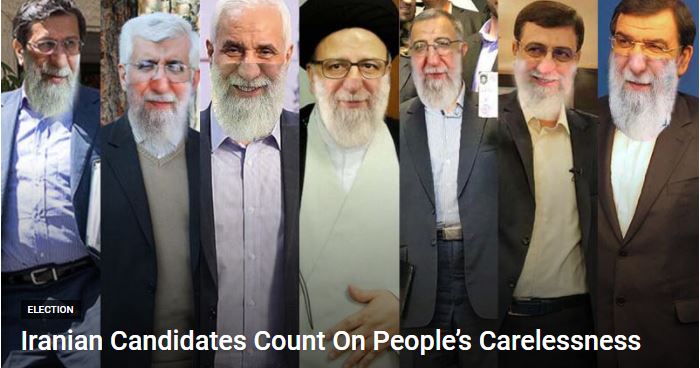
Ali Khamenei’s stated preference for a future Raisi administration is part of his overall strategy to consolidate power inside his regime. Raisi assumed control of the judiciary in 2019 to allow Khamenei to carry out his repressive policies against Iran’s dissident society.
Khamenei personally selected him to the role, putting him in the position of potentially replacing any of the six judges on the Guardian Council, as well as six clerics nominated by Khamenei.
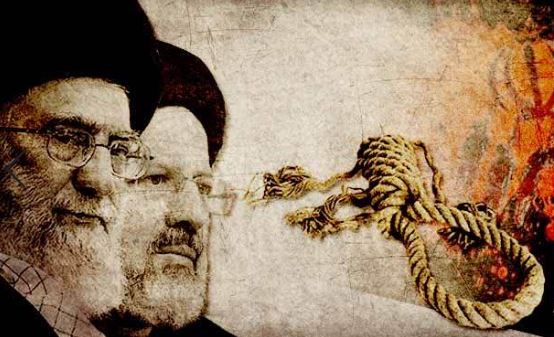
Even though Rouhani embraced some of the Western policy tendencies, as a possible harbinger of serious reform, the Iranian Resistance has long maintained that no such reforms exist in the regime because the theocratic system strictly forbids them, and Rouhani, as one of the regime’s top officials involved in 40 years of oppression, was not a reformist.
Because the dictatorship has banned any candidate who has really called for reform from running.

There was a dramatic increase in public awareness of Raisi’s role in the 1988 massacre of political prisoners in the month leading up to his initial presidential run, and it became evident that Khamenei’s approval of him was an invitation for regime authorities to place a greater emphasis on violent repression.
Ruhollah Khomeini, the regime’s founder, issued a fatwa in 1988 pronouncing enemies of the theocratic system, particularly members and supporters of the People’s Mojahedin Organization of Iran (PMOI / MEK Iran), guilty of “enmity against God” and hence subject to public execution.
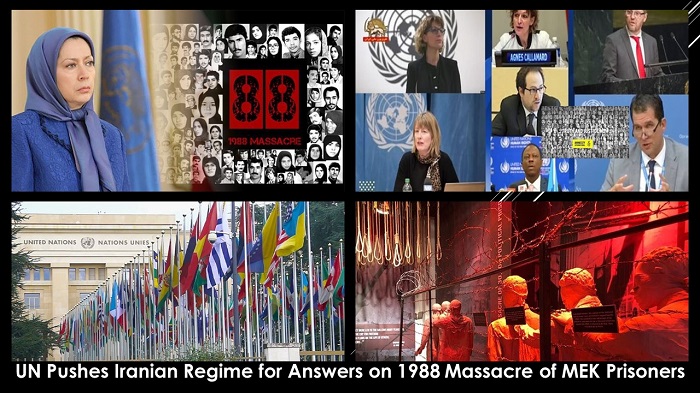
As a result, officials across the country formed “death commissions” and entrusted them with questioning political prisoners about their political ideas and affiliations in order to evaluate who really cared about Iran’s future as a democratic nation. 30,000 people were executed in a few months, and Raisi, as a contributor to Tehran’s main death commission, was responsible for many, if not all, of them.
The Iranian people have grown tired of supporting the lesser of two alternatives only to have “reformist” leaders affirm that their faction is misnamed and is implicated in crimes against humanity and terrorism.
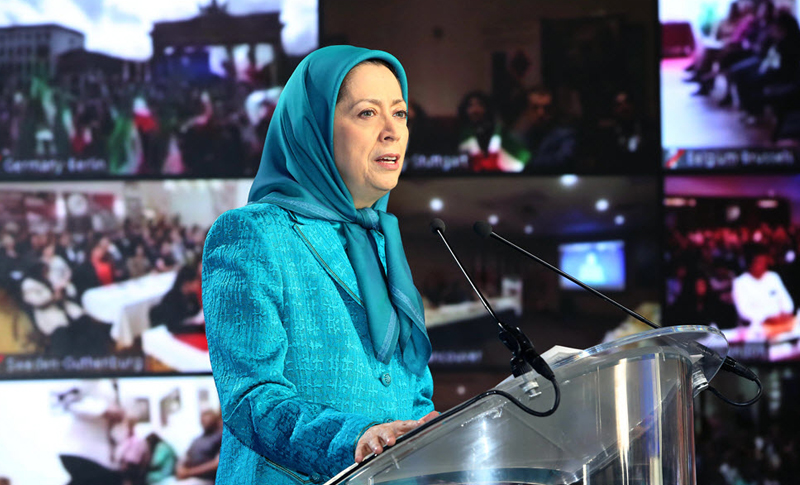
Even the dictatorship’s state media is now warning that a boycott of the regime’s sham presidential election is bound to happen, as the Resistance activists are actively encouraging every day.
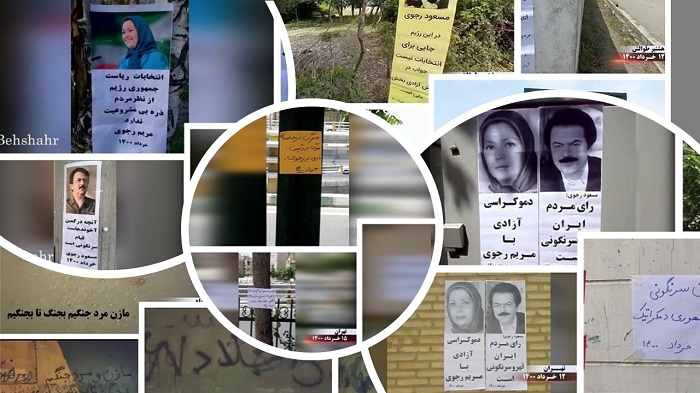
MEK Iran (follow us on Twitter and Facebook)
and People’s Mojahedin Organization of Iran – MEK IRAN – YouTube








